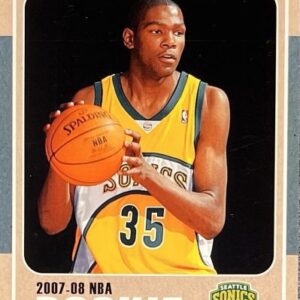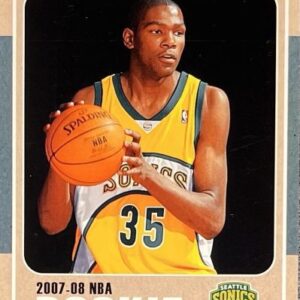In a winning round of legal survival of the fittest, Netflix and Goldin Auctions, together with its founder, Ken Goldin, have emerged victorious from a copyright infringement lawsuit. This legal battle was initiated by Gervase Peterson, a familiar face from the reality TV series ‘Survivor’, who lobbed allegations of stolen concepts against the streaming giant and the auction house.
Peterson claimed he had pitched an idea strikingly similar to ‘King of Collectibles’, a popular Netflix reality series, to Goldin in 2019. His concept was excitingly named ‘The Goldin Boys.’ Peterson heartily believed it had been poached, redeveloped by Wheelhouse Entertainment, and eventually picked up by Netflix, with Peterson left out in the cold.
Fueling the fire of contention were the striking similarities Peterson noticed between the Netflix show and his pitch. After initially captivated by Peterson’s idea in early 2020, Goldin seemed to lose interest, and communication abruptly ended. To add salt to Peterson’s wounds, a production eerily reflective of his pitch sprang into being not long after.
Countering these allegations, the defendant maintained that ‘King of Collectibles’, a behind-the-scenes snapshot into Goldin Auctions’ operations, was merely bringing generic, non-proprietary ideas to life. They argued that these ideas fell comfortably within the realm of the Copyright Act.
Cue Judge Christine O’Hearn, the New Jersey federal district court’s voice of reason, who seconded this defense. She recognized Peterson’s claimed elements as ‘scènes à faire’ – a fancy term for scenes or themes within a genre typically considered commonplace thus, not falling under the copyright umbrella. Quite a few reality TV staples, including the daily grind of business operations illustrated in ‘King of Collectibles’, snuggly fit into this uncopyrightable category.
Pushing her point home, Judge O’Hearn accentuated how real-life subjects and routine reality TV facets are often ring-fenced from copyright claims. She harkened back to earlier legal verdicts where similar disputes were definitively settled. The judge’s dismissal of Peterson’s claim reinforces the rigidity of copyright law when it comes down to wide-ranging concepts and themes routinely exploited in reality television.
Despite having to navigate this legal labyrinth, ‘King of Collectibles’ hasn’t merely survived – it has thrived. The show has managed to arrest industry attention, even securing an Emmy nomination. The legal victory and industry recognition make for a double win, showing that in the competitive world of reality TV, survival isn’t just about outwitting, outplaying, and outlasting your rivals…sometimes, it’s about out-legalling them too.






